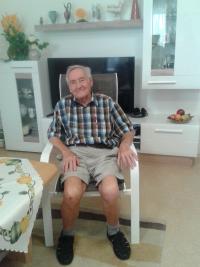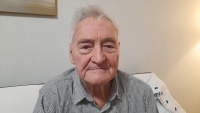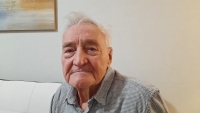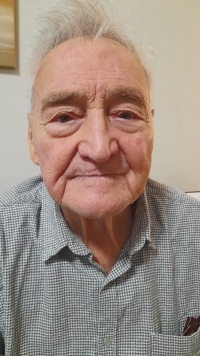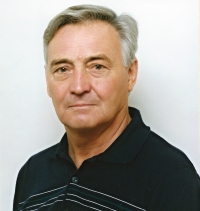I was fired from my job because of Havel’s letter, so I wrote a book that the White House had
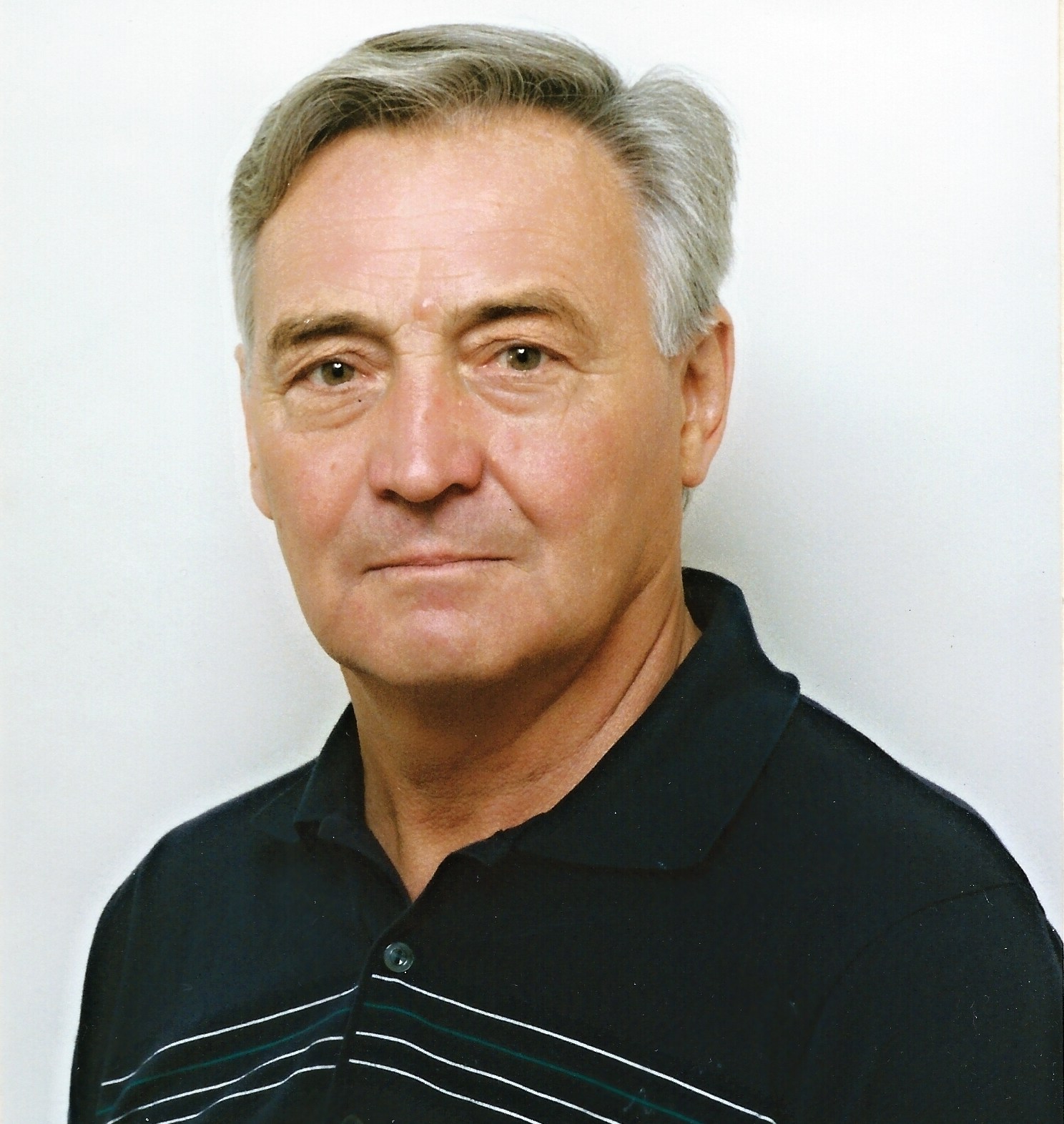
Download image
Ing. Jan Tůma was born on 20 July 1930 in Prague Nusle into the family of Jan and Anna Tůma. Jan grew up with his younger brother Pavel. His father had a camera shop on Wenceslas Square. Anna’s mother came from the Prošek family, who owned a tenement house in Prague, where Jan’s grandfather František Prošek had a general store. In 1936, Jan’s father died after an appendectomy, and his mother raised the children alone and never remarried. Jan Tůma recalls dramatic moments from the end of the war, especially the escape from the German army retreating to Nusle, or the revenge on German civilians. After the war, part of his family was displaced to West Germany because his father came from the South Bohemian border region, where his sisters had married local Germans before the war. Jan Tůma had an interest in technology since childhood. He studied at the Czech Technical University in 1948-1953, worked on bridge construction during his studies, also lectured at the Technical Museum and had already made his first publications. After school, he joined Konstruktiva, but soon accepted an offer from the Railway University in Karlín to work as an assistant professor. He made educational films there and continued to do so after he moved to the University of Economics in Prague, where he taught industrial technology as an assistant professor until 1960 and collaborated in the introduction of the first mainframe computer. He switched to the emerging field of cybernetics and together with his colleague Zdeněk Křečan built the first “teaching machine” KT-1 and equipped it with programs. He then continued the development of “cybernetic pedagogy” at the Faculty of Education of Charles University. From 1968 to 1972 he stayed in West Berlin, where teaching machines were being introduced at universities. Because of his contact with emigrants and suspected intention to emigrate, he was registered as a “person under investigation”. In 1975 he was dismissed from the faculty along with four other teachers for allegedly distributing and reproducing an open letter from Václav Havel to Gustav Husák. After that, he was unable to find a job until, thanks to an acquaintance, he was entrusted with the Příbram Ore Mines Company School in the Loděnice Chateau, where he served as headmaster. In 1990, already a pensioner, he was able to start to devote himself fully to travel and journalism. During his lifetime, he published in many technical and professional journals and appeared on Czechoslovak Television and Czechoslovak Radio. He is the author of 62 scientific, technical and popularization books, ten of which were published abroad. His “The Great Pictorial Atlas of World Transportation,” published in 1980 and translated into several languages, received the greatest international publicity. He has two children, is married for the second time, and his second wife, Eva Tůmová, also told her life story for Memory of the Nation.
